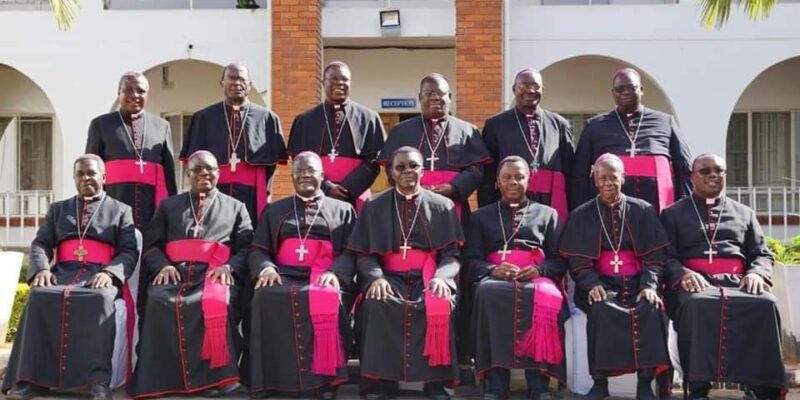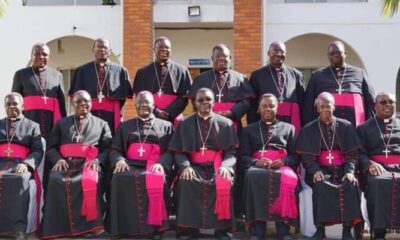The Nigerian government says it will cease salary payments to public officers whose records cannot be verified on the Integrated Personnel and Payroll Information System (IPPIS).
Nigeria’s Head of the Civil Service of the Federation, Dr Folasade Yemi-Esan, revealed in a statement on Thursday that a two-week verification, which would end on Friday, was put in place as an act of magnanimity for officers who did not participate in the earlier verifications.
The statement said, “Adequate arrangements were put in place for a smooth exercise in designated areas of the FCT, however, the officers’ impatience and lack of orderliness in the first two days made the exercise rowdy. This has been duly addressed, and the two-week exercise, scheduled to end on Friday, October 27, 2023, is progressing very well.
“The verification of records of all civil servants will be finalised at the end of the ongoing exercise, and any officer whose record cannot be verified will be delisted from the payroll of government.”
The statement added, “Sequel to another wide publicity accompanied by numerous pre-verification sensitization visits by IPPIS staff to ministries, extra-ministerial departments, and agencies nationwide, the second phase of the exercise, the physical verification, commenced in 2018.
“In this regard, 500 staff from the OHCSF were trained and deployed, in well-communicated and coordinated phases, to the 36 states of the federation and the FCT between 2018 and 2019 to enable officers to carry out the physical verification in their states and save them from travelling to Abuja.”
Ben Akabueze, the director-general of the federation’s Budget Office, disclosed in August 2023 that the payroll of the Federal Government accounted for 1.5 million people, resulting in a personnel cost of about N5 trillion. This rise happened in spite of the fact that in June 2022, roughly 70,000 ghost workers were identified.
The government-backed IPPIS has exposed and eliminated about 70,000 ghost workers in the civil service system, the Director-General of the Bureau of Public Service Reforms, Dr Dasuki Arabi, had revealed.

 VenturesNow2 days ago
VenturesNow2 days ago
 VenturesNow2 days ago
VenturesNow2 days ago
 VenturesNow2 days ago
VenturesNow2 days ago
 Metro2 days ago
Metro2 days ago


















